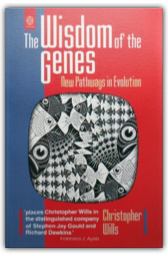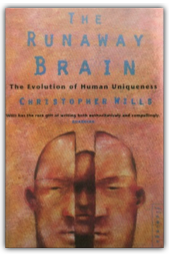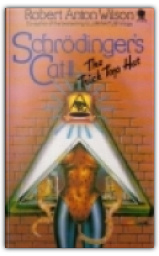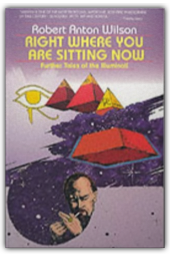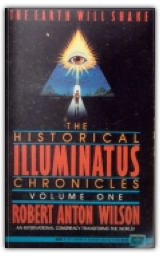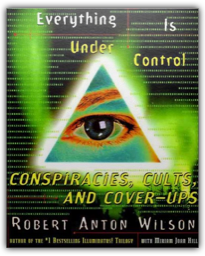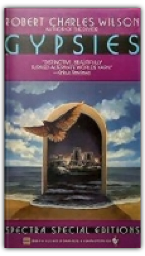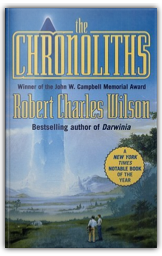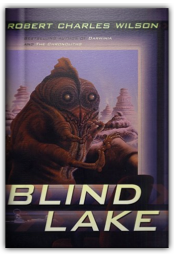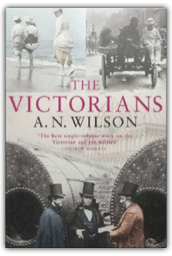 The Victorians
A. N. Wilson
The Victorians
A. N. Wilson
AN Wilson's The Victorians is the longest and liveliest of the books which have appeared in the wake of the centenary of Victoria's death. As one might expect, Wilson, Evening Standard columnist, novelist, and polemical biographer, has an eye for colourful detail, cannot resist gossip about the great and good, and smells out cant and hypocrisy at 10 paces. Familiar tales are told about the sexual proclivities, religious hypocrisies and gargantuan economic and imperial appetites of the Victorians. But the book is more than an exercise in debunking. Wilson sees 19th century Britons as the harbingers of modernity: the first society to grapple with and agonise over the Darwinian struggle of social mobility and industrial growth. He documents in detail the relentless drive for getting on, sympathises with its victims—in the English towns, the Irish bogs and on the Indian plains - and warms to the critical commentary of the chief sages and seers of the era: Carlyle, Dickens, and Manning. The intellectual set-pieces of the time—the Gothic revival, religion versus science, Anglo-Catholicism—are particularly well-handled. 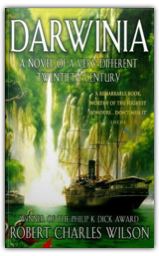 Darwinia
Robert Charles Wilson
Darwinia
Robert Charles Wilson
In 1912, the entire population of Europe disappeared; all over the rest of the world, there were lights in the sky and the telegraph wires went silent. And suddenly from Britain to Siberia, from Sweden to Spain, there was a jungle full of strange monsters, fur-bearing snakes and lost cities—the continent they call Darwinia. In America, religious fundamentalists came to power claiming that this was God's punishment for the heresies of Darwin; an expedition sets out into the heart of the lost continent. And people are haunted by dreams of a war that never was ... If this were all that were going on, Robert Charles Wilson's novel would be audacious and intellectually thrilling enough, but there is more besides, lots more. At an early stage, we realise that the expedition has its enemies—a conspiracy of the deadly and immortal. And neither the conspiracy, nor the world of the Darwinia miracle, is exactly what they seem. Full of speculations about Deep History, the nature of reality and the plan to escape the end of Time, this starts as SF adventure story and becomes remarkably more; over several books, Wilson has quietly built himself a reputation of promise, and now entirely delivers. —Roz Kaveney 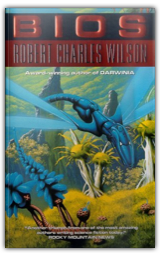 Bios
Robert Charles Wilson
Bios
Robert Charles Wilson
In the 22nd century, humanity discovers life on an extra-solar planet, Isis: life that is lush, beautiful—and deadly. The least molecule of Isian biology kills humans painfully and horribly. Zoe Fisher has been born and bred—cloned and genetically engineered—to explore Isis. But Isis has secrets undiscovered by humanity, and Zoe herself contains secrets known only to the political powers that created her. And an act of biomedical sabotage has changed Zoe in unknown ways. |
 Made with Delicious Library
Made with Delicious Library
London, State zipflap congrotus delicious library Scott, Mike
